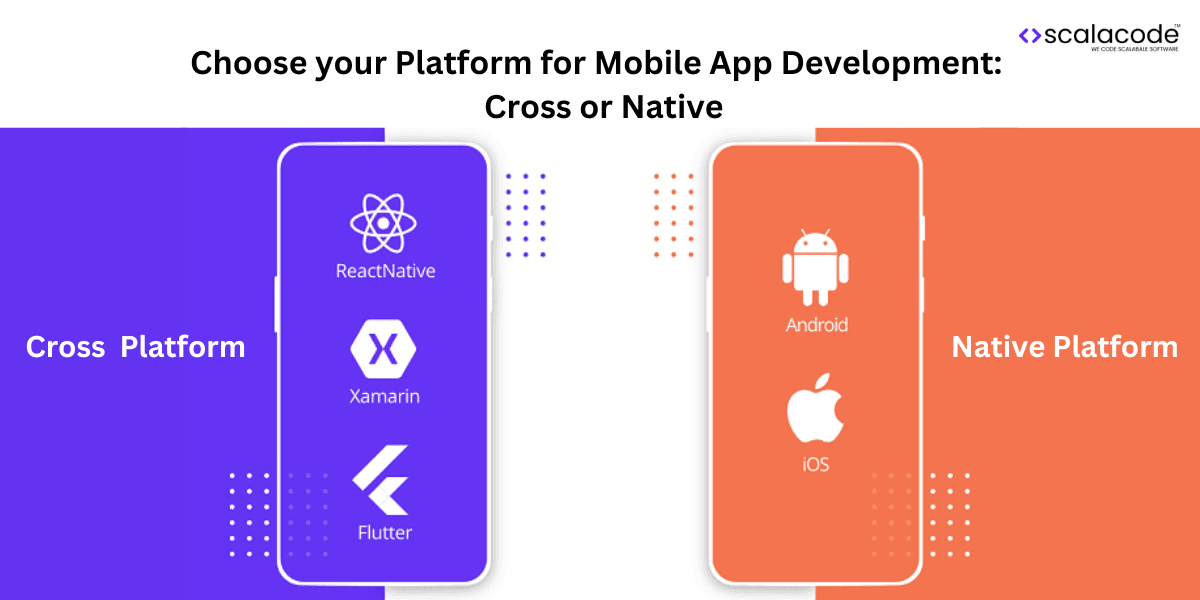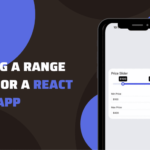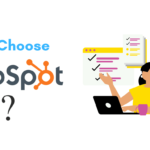Choose your Platform for Mobile App Development: Native or Cross Development

Apps have become the backbone of businesses in a few years that just passed. Companies are relying heavily on mobile software or applications to gain access to their target consumers, attract their attention, and take full advantage of the business opportunities that can be turned into organizational revenue. Now we want to know if you are also using mobile apps as an income resource to grow your earnings or not? If not, your competitors are having a leg up over your establishment that could affect your overall market share down the line. So the question comes, how can you prevent your company incur huge monetary losses in the upcoming days? Well, cross-platform developers are the answer.
Yes, you heard us right! Only when you hire such development professionals right off the bat, it will be a cakewalk to create a smartphone app for your business that will fulfill your organizational goals with ease. Please remember, with a good business app at your disposal, you can deliver targeted products or services to your consumers, learn more about their needs and requirements, and use that information to create even more effective marketing strategies in the future. Resultantly, the upsell and cross sell of your offerings will increase and you will be able to garner more dollars than possible otherwise. But the question is, which type of app should you get developed by a full stack developer? Should you make the most of native apps or cross-platform applications? To know the right response to this riddle, let’s go through the expert guidance offered by experienced cross-platform developers.
What is a Native App?
A Native app is a special type of application that is developed specifically for one operating system at a time using the concerned platform-oriented programming languages. For example, native apps come in handy to operate on Android and iOS platforms. Also, if any one operating system is installed in multiple devices, then native software can run smoothly on all those machines, including but not limited to:
- Desktops
- Smart TVs
- Smartphones
- Other similar gadgets
Just to let you know, when cross-platform developers build native apps for Android, they use selected programming languages, like:
- Java
- Kotlin
However, when it comes to the creation of native applications for iOS platform, another set of programming languages are used, such as:
- Objective-C
- Swift
Be mindful, native app development is a suitable choice for you, especially if you want to deliver the best possible user experience in terms of feel and appearance of the application. Because when constructing native software, developers are enabled to add more features and functionalities to the application as such apps could use some smartphone hardware elements, like:
- GPS
- Camera
- Microphone
- Proximity sensors
What are the top examples of Native Apps?
- Spotify
- Artsy
- Google Maps
What are the optimal benefits of native app development?
- High Speed
Generally it has been seen that native mobile apps run faster than other types of applications out there as they do not comprise complicated codes like hybrid and cross-platform software does. Most elements of the program display quickly as they preload in advance. And you will be surprised to know that due to the high development speed and cost-effective nature of native smartphone applications, they are mostly preferred by startups.
- More intuitive and interactive
As per seasoned cross-platform developers, if someone is proceeding ahead with native application development, they can be rest assured of offering superior experience to their users. What’s more? Since native apps are fabricated for a particular operating system, they stick to the guidelines, resulting in an improved experience for prospective users. And the best part? As native applications adhere to essential guidelines, they enable people to interact with the software using some gestures or movements they are already familiar with.
- Offline functionality
One of the lesser-known advantages of native app development is that it operates flawlessly, even without an internet connection. And that offers more convenience to the actual users since they are able to use all features and functionalities of the mobile program during:
- Airplane mode
- Offline environment
This offline support is extremely imperative in such applications considering if users want to use native apps in:
- Low internet connectivity areas
- Remote areas
- Places where date availability is limited
What are the drawbacks of native app development?
- No code reusability
The biggest disadvantage of counting on native applications is that cross-platform developers have to code and develop apps for different operating systems separately if they are asked to create apps for iOS and Android. And this would require a huge amount of cost, time, effort, and resources to make the desired app, unlike cross-platform apps with a reusable codebase.
- High maintenance
Native app development comes with expensive maintenance costs which is sometimes more than the actual development expenses.
What is a Cross-platform App?
A Cross-platform app is a unique type of software that is developed by keeping the shareability and reusability of codes in mind to build apps for other operating systems too. Writing codes once and reusing those codes on several platforms helps a lot in reducing app development expenditure and effort. Additionally, when you employ React Native developers for your cross-platform app development, such programs will ensure:
- Hassle-free implementation
- Affordable production
- Robust functionality
However, you must be informed that high performance and customization abilities are something that are beyond reach of a cross-platform app development framework.
What are some examples of premier Cross-platform Apps?
- Slack
- Skype
- Insightly
- Bloomberg
- Reflectly
What are some solid advantages of Cross-platform app development?
- Rapid development
The most pleasing news about going further with cross-platform app development is that it offers reusable codes along with greater productivity and efficiency. This way developers and business owners face little or no changes in coming up with the finest digital product. And that is the main reason so many Flutter developers and techpreneurs prefer cross-platform app development framework over its other counterparts.
- Reduced cost
Very few individuals are aware of a monumental piece of information about the cross-platform app development framework is that it is capable of supporting all kinds of platforms. And that is helping it in expanding market reach at an international level with high brand popularity of smaller agencies that are looking to gain quick ground in the market. Beyond that, you will be stunned to know that cross-platform software offers minimal upfront expenses than native apps according to accomplished Flutter developers.
- Easy product maintenance
Since picking cross-platform app development utilizes only one codebase, business owners and React Native developers can be assured of flawless outcomes. Aside from that, it turns out to be a child’s play when it comes to testing and deploying fixes, resulting in greater accuracy due to its single codebase.
What are the shortcomings of Cross-platform app development?
- Complex development lifecycle
Yes, you got that right! As per some hardened React Native developers, cross-platform program development could be an appropriate choice for you only when you have a strong team of skilled developers to create software that will adapt to various platforms. Because when working with cross-platform app building, the developers have to look carefully into tiny differences between operating systems and the devices they run the software on when implementing intricate functionalities and interfaces.
- Difficult integrations
Most Flutter developers find it an uphill battle to incorporate cross-platform programs into local settings. Besides that, the code of HTML 5 cross-platform applications is pretty difficult because of callback-style programming.
What are some factors to take into consideration while choosing between cross-platform and native app development?
- Application complexity
Suppose you are developing a smartphone app that is just showing the information extracted from the network. Then it is a good idea to be better off with cross-platform development. In another case, if your app development requires heavy processing or need access to low-level APIs like Bluetooth, then leveraging native app development is a smart idea.
- Development time
There are instances when business owners want to get a Minimum Viable Digital Product as early as possible. In that condition, it makes sense to opt for cross-platform development. And can you guess the idea behind that? If not, we must tell you that the concerned cross-platform developers won’t have to work on two different variants of the software. Instead, only a single cycle of development is enough to make the app launch-ready for iOS and Android platforms.
- Cost
There are no two ways about the fact that native app development guarantees high performance. But do you know what? Taking this route can emerge to be a pricey decision ahead. Therefore, software experts suggest going forward with cross-platform development if you have a limited budget to build your desired app. By doing this, you will be able to save almost 30% to 40% money as only one codebase is developed for an application that can fit the bill of both Android and iOS operating systems.
- UI/UX
If gorgeous-looking visuals and amazing experiences are your top priority for your business app creation, you must place your trust in native application development. The reason? Well, software professionals get access to UI/UX elements while building apps in a native environment. And if you avail cross-platform app development services for some reason, it will limit the UI/UX components of the software to a great extent.
Over to you
So now that you went through this whole write-up, did you make up your mind regarding which method to choose? Cross-platform or native app development? If not, we can help you take the right plunge. Just so you know, building native apps is the best choice for you if user experience and performance are the most important things for you. Although it is a costly decision, you can be rest assured of fewer defects and better visuals within your app. However, if you are looking for a mobile application that can be prepared within a few days, then cross-platform mobile app development is an apt choice for you. But you must remember that cross-platform app development requires more effort to render an equivalent experience to native apps.
Still confused about making a decision? Please reach out to the most dedicated executives of a highly-praised native app development company and get professional advice and assistance regarding your concern.
Ready to Get Started?
Your Details will be Kept confidential. Required fields are marked *




